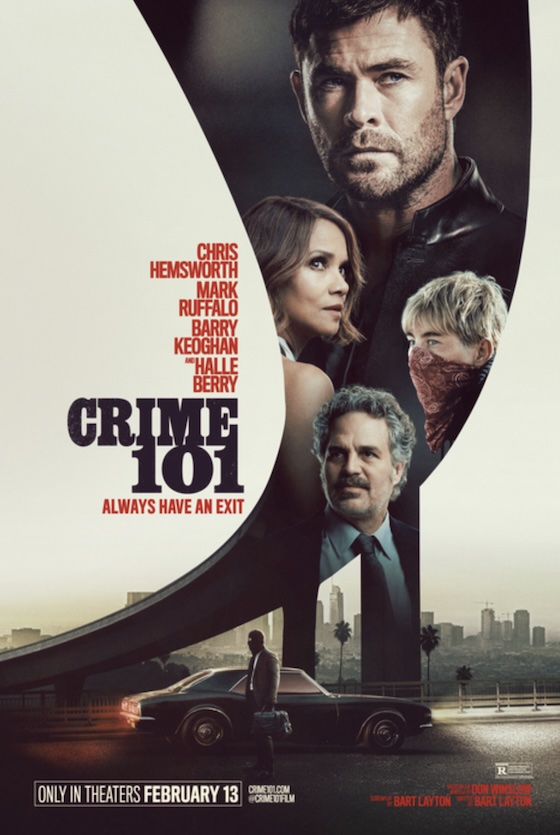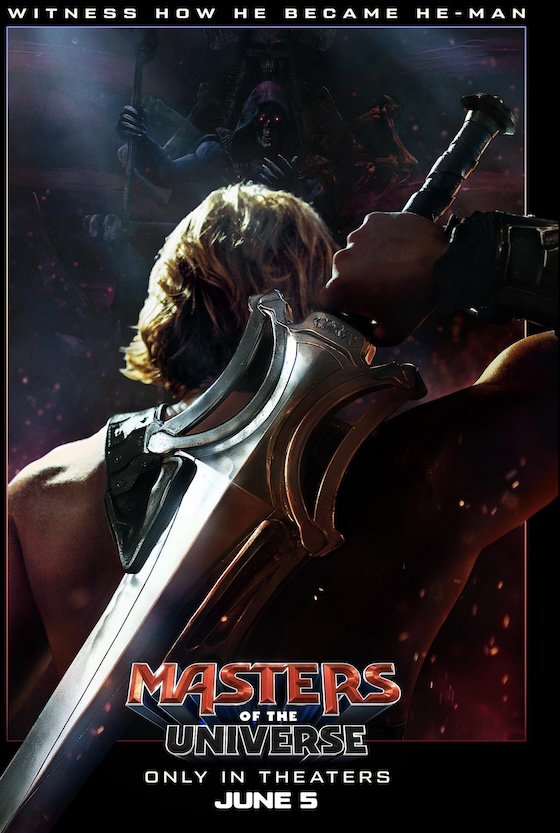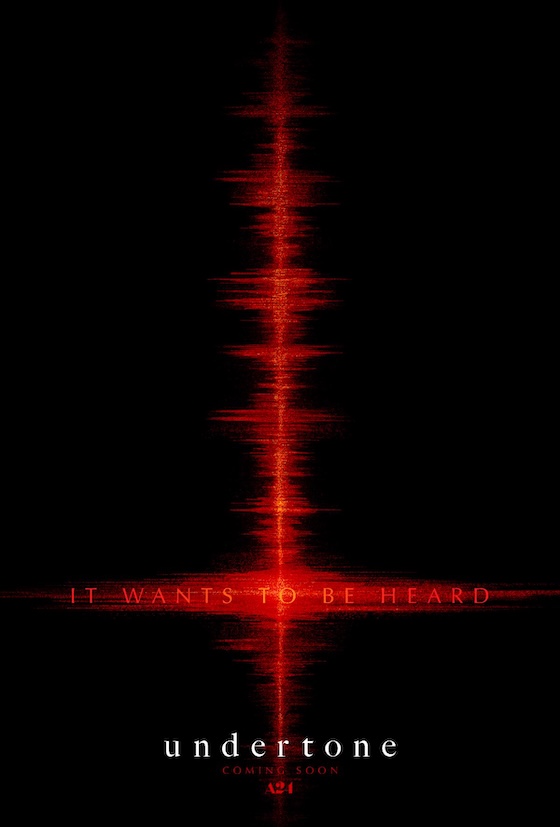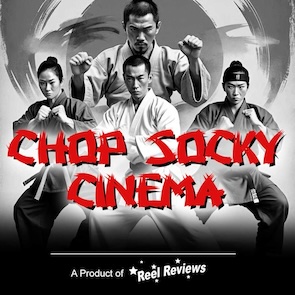{2jtab: Movie Review}
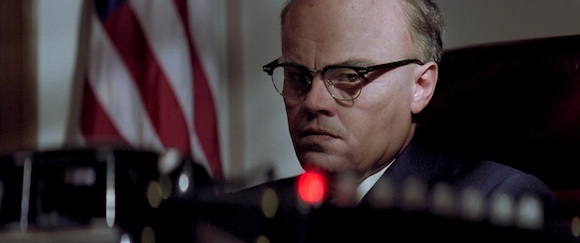
|
![]()
Famed director Clint Eastwood continues to pound out film after noteworthy film in a career that seems to stretch back into the very beginning of the motion picture industry itself and, while his workmanship is usually top-notch in the craft, his latest, J. Edgar, suffers from being too stoic for far too long with the story – about two men who maybe love each other - it finally decides to tell. The film is full of Eastwood flavor, from the muted colors of its cinematography to his self-composed piano soundtrack, yet two command performances cannot triumph over a narrative that has nowhere to go.
Hoover (DiCaprio), after being appointed to the Federal Bureau of Investigation in 1924, begins a life-long commitment to reforming the Bureau and fitting it with better crime fighting skills, better dedicated people (complete with better suits), and more power…much more power. He surrounds himself with people he trusts - Helen Gandy (Naomi Watts) and Clyde Tolson (Armie Hammer) – and keeps information, of the blackmailing type, against Presidents, cultural icons, and anyone he suspects of being a communist. Time passes him and his power by; the Presidents change, power shifts, but he grows stronger. Personally, he is a mess. He lives with his overbearing mother, (Dame Judi Dench), hates dancing with women, seems to love Clyde even as he pushes him away and grows more paranoid and threatened with each passing decade.
He is a miserable prick.
Hoover, to this day, is a controversial figure that time simply will not forget; a storm-causing giant in the crime fighting world. He was a powerful force that changed the face of the FBI and how crimes are tracked forever. He was also a powerful blackmailer of influential figures at key moments in American history. Everyone from Eleanor Roosevelt, President Nixon to JFK to Martin Luther King, Jr. had serious reason to fear this man. A rumored cross-dresser, some suggest Hoover even feared himself.
Screenwriter Dustin Lance Black doesn’t so much deal with the weight of Hoover’s own power as he does with the relationships between Hoover and his mother, confidante Clyde Tolson, secretary Helen Gandy and, finally, Hoover’s own involvement in the tracking down the person or persons responsible for the kidnapping of Charles Augustus Lindbergh, Jr. as it related to changing the face and power structure of the FBI forever. He was a man obsessed with duty; one who could unflinchingly look at the changing face of America as it explored its freedom and see only degradation.
Other crime-fighting and historical subjects are explored and, as if shuffled in a card deck, scenes are randomly scattered throughout as if challenging the audience’s attention span and sense of recollection. Edits aren’t made chronologically. Storylines are unclear. Characters disappear without reason. But to what affect? Try as it might – with shots of mirrors and grand fireplaces and the clever passages of time – J. Edgar is no Citizen Kane. There is no sentimental figure; no investigative journalist hired to find a rumored Rosebud. No, Hoover was never that mysterious.
Black does explore the rumors circulating between Hoover and Tolson, yet – considering Black’s penning of Milk – one wonders how much of the speculative romance has been shoehorned in and how much Eastwood actually believes considering how it is handled on-screen. There are far too many serious moments between Tolson and Hoover that just don’t land with their intended emotional impact. A fight scene in a hotel room turns into a kiss. In another scene, Hoover, uncomfortable around women, has to hurriedly flee a club with Tolson in tow. Cue the giggles.
Hoover’s biographers – as dictation is the film’s narrative structure - change throughout the story (no relationship is nurtured with a very disagreeable collector of power and influence figure like Hoover) and that leaves us with only the self-inflating Hoover as our unreliable and grossly unlikable narrator. He is a troll and the audience, with full knowledge of the man’s character, never wants to warm to him. Wash hands and be done with it is the mode of survival.
This is where DiCaprio comes into play. This is HIS picture; his moment; his chance to be the big bad bulldog and bite, bite, bite he does. Scene after scene ignites him as a fire to contend with. He is that powerful in the film. As an actor, he has the bark and the toothy bite to pull Hoover off and he completely disappears into the role. It’s a classic performance that, like Hoover himself, time won’t soon forget. Here’s to you, Best Actor Nomination.
Hammer pulls a bit of bi-polar performance as Tolson. He’s good as the young Tolson, but he absolutely cannot pull off acting through the prosthetic make-up (which on him looks awful). His scenes as an old man aren’t very good at all and completely ruin the proposed heart of the picture. Watts, while a constant in the picture, needs more to do as she looks and acts the part – especially in her phenomenal old age make-up – but, beyond alerting Hoover when and where he needs to be and at what time, doesn’t really get to do anything. It’s unfortunate because one can easily tell that she has put more thought into her character than what Black has written on the page.
Eastwood, as director and composer, uses his big bag of B-movie gimmicks to generate some emotion, but those moments don’t really impact the movie as they should. His minor-key piano cues are, while completely out of place in the picture, all throughout the film and they garner no praise. He tips his hat to the gangster era with some sharp footage and even fills the time with some classic Hollywood stars and starlets and still the picture lacks momentum. Something is simply off with the forward drive of this picture. There are far too many shots that – while filled with Tom Stern’s sharp cinematography – lack a visual punch and the usual nuances that have Eastwood’s audience leaning forward in their seats with arthouse anticipation.
We get the good and the bad side of Hoover with J. Edgar. We just don’t get the passion a younger director might have brought the film. Eastwood keeps everything dry…including our eyes. Despite some engaging performances, the biopic is missing a central heart. We just don’t honestly have a reason to care about these characters. Eastwood is capable of producing better and more honest emotion from a film. Just take a look at the man’s filmography. Bird, his last biopic, is ripe with mood and honest emotion. DiCaprio, in a command performance, is lusting to get keyed-in on that emotion. He brings it, but the picture doesn’t sustain it.
J. Edgar, with no commentary about illegal wire tappings and bundling cops and inflated budgets and egos (especially in the era of the Patriot Act, big banking shenanigans, widespread political corruption, 9/11, and Occupy Wall Street), might be filled with some prime performances from its cast, but the script and its stoic director keeps its audience completely at a distance.
{2jtab: Film Details}
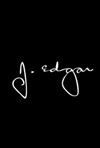 MPAA Rating: R for brief strong language.
MPAA Rating: R for brief strong language.
Director: Clint Eastwood
Writer: Dustin Lance Black
Cast: Leonardo DiCaprio; Josh Hamilton; Naomi Watts; Judi Dench; Ed Westwick; Gunner Wright
Genre: Biography | Drama
Tagline: The Most Powerful Man in the World
Memorable Movie Quote: "When morals decline, and good men do nothing, evil flourishes"
Distributor: Warner Bros. Pictures
Official Site: jedgarmovie.warnerbros.com/index.html
Release Date: November 9, 2011
DVD/Blu-ray Release Date: February 21, 2012.
Synopsis: As the face of law enforcement in America for almost 50 years, J. Edgar Hoover was feared and admired, reviled and revered. But behind closed doors, he held secrets that would have destroyed his image, his career and his life.
{2jtab: Blu-ray Review}
No details yet available
{2jtab: Trailer}
{/2jtabs}

